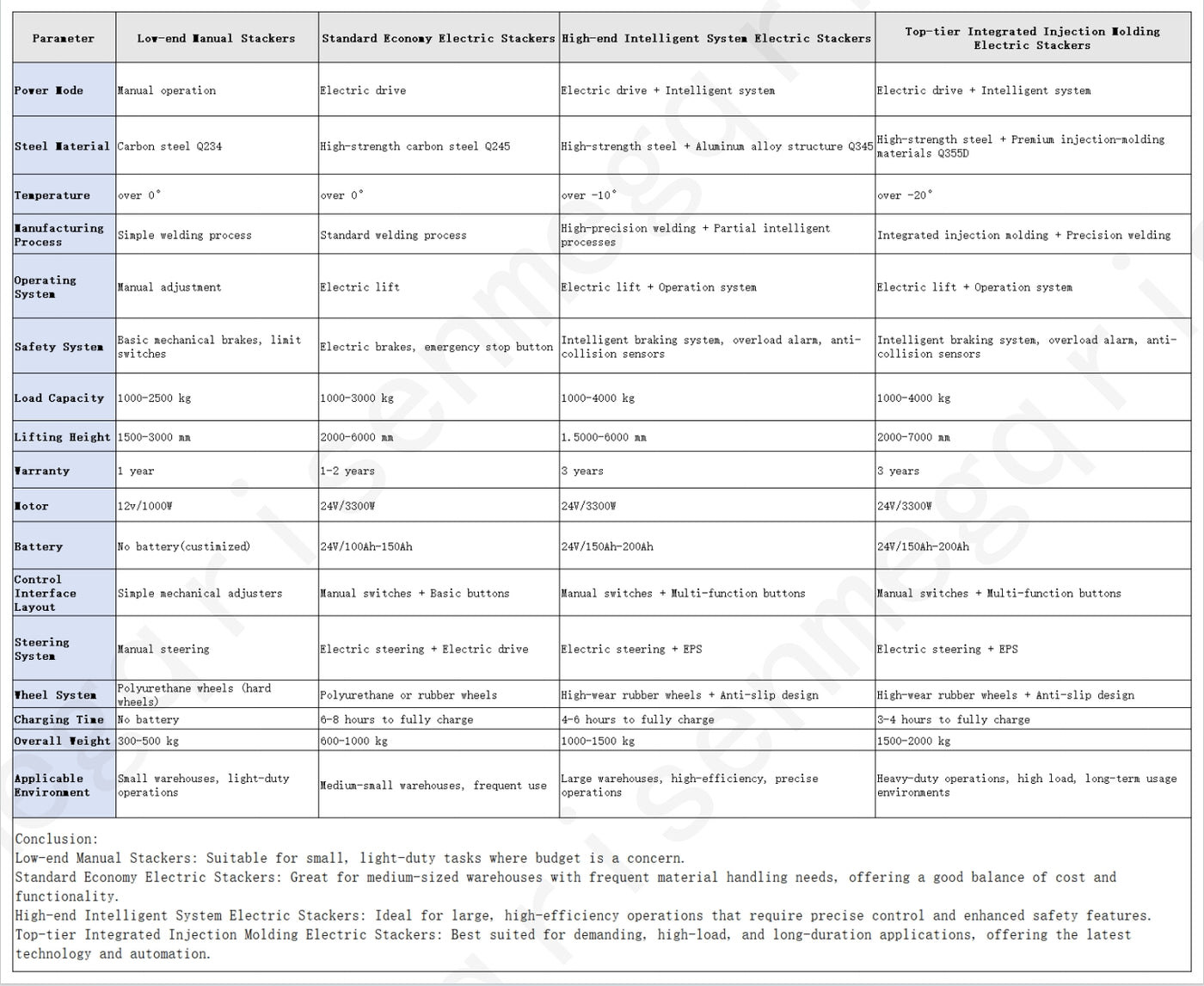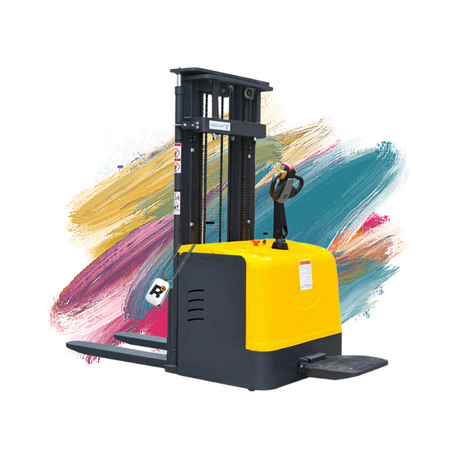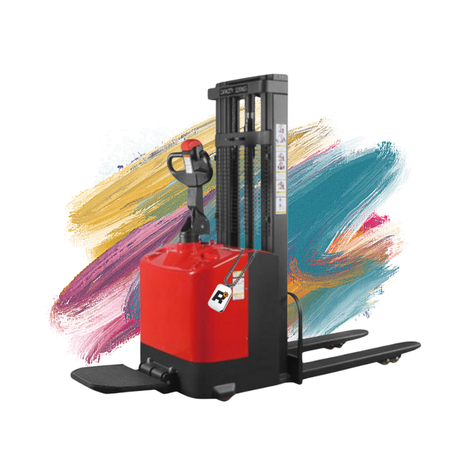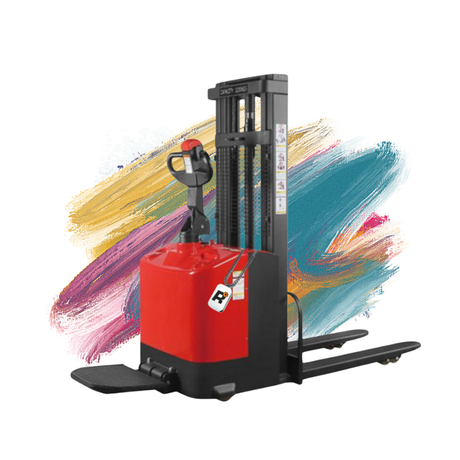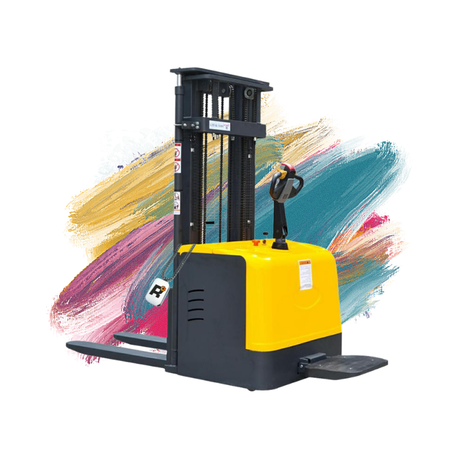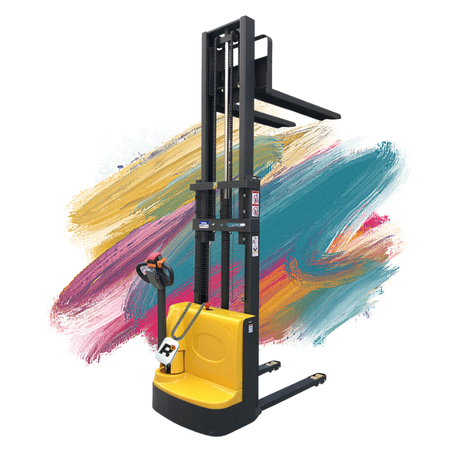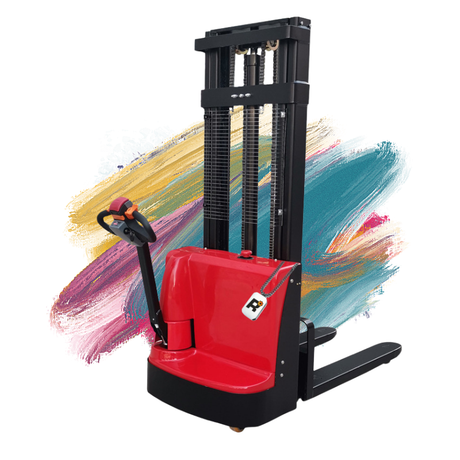
When purchasing material handling machinery and lifting platforms from China, it is crucial to ensure the equipment meets the relevant standards and certifications for quality, safety, and compliance with international regulations. To help guide you through the process, here’s an overview of the essential certificates and test reports you need when purchasing material handling machinery in China.
1. CE Certification
If you plan to import material handling machines into Europe, CE certification is essential. It demonstrates that the product complies with the European Union’s health, safety, and environmental protection standards.
-
Purpose: Ensures the machinery can be legally sold and operated in the EU.
-
Typical Products: Electric scaffolding, forklifts, and aerial work platforms.
2. ISO Certification
ISO (International Organization for Standardization) certification shows that the manufacturer follows standardized management and quality control processes. Common ISO certifications include:
-
ISO 9001: Quality management system.
-
ISO 14001: Environmental management system.
-
ISO 45001: Occupational health and safety management.
-
Purpose: Enhances buyer confidence in the manufacturer’s production standards and product consistency.
3. UN38.3 Test Report
If your material handling equipment uses lithium batteries, the batteries must pass UN38.3 testing.
-
Purpose: Ensures lithium batteries can be safely transported by sea.
-
Key Tests: Altitude simulation, thermal test, vibration, shock, overcharge, and short-circuit.
4. MSDS (Material Safety Data Sheet)
MSDS is crucial for any equipment containing hazardous substances such as batteries, oils, or chemicals.
-
Purpose: Provides safety and handling information, including potential hazards, first-aid measures, and storage requirements.
-
Application: Required for customs clearance and safe transportation, especially for products with lithium batteries or hydraulic oils.
5. Dangerous Goods Transportation Identification
If your products or components are classified as hazardous (like lithium batteries, hydraulic oils, or chemical components), a Dangerous Goods Transportation Certificate is required.
-
Purpose: Confirms the product meets the safety requirements for shipping via air, sea, or land.
-
Benefit: Prevents shipping delays or fines due to misdeclared goods.
6. RoHS Compliance (Restriction of Hazardous Substances)
RoHS ensures that the machinery does not contain hazardous substances such as lead, mercury, cadmium, or other restricted materials.
-
Purpose: Required for sales in the European market, protecting users and the environment.
-
Typical Scope: Electrical and electronic components in lifts or handling machines.
7. TÜV Certification
TÜV is an independent German certification body known for its rigorous testing standards.
-
Purpose: Provides third-party validation of product safety, quality, and compliance with EU regulations.
-
Added Value: Having TÜV certification can enhance your product’s credibility in high-standard markets like Europe and the Middle East.
8. CO Certification (Certificate of Origin)
A Certificate of Origin is often required for customs clearance and to benefit from preferential tariffs in international trade agreements.
-
Purpose: Proves the goods were manufactured in China.
-
Benefit: May reduce import duties depending on your country’s trade policy.
To ensure that your equipment clears customs smoothly, complies with regulations, and gains customer acceptance, having accurate certifications and test reports is crucial. It is recommended that you understand the type of certificate required by your target market in advance before placing an order.
In addition to providing reliable products, Risenmega can also assist you in handling relevant certification documents, making the entire export process more efficient and worry-free.


